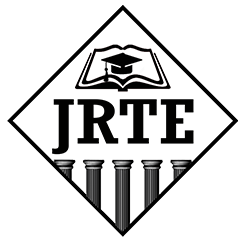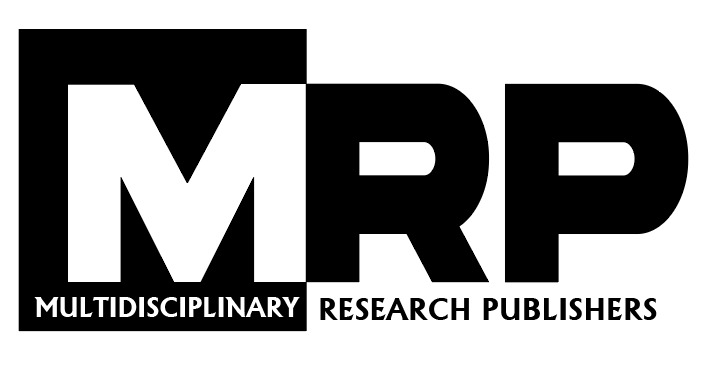Downloads
Effect of Biochar on Soil Properties – A Review
Biochar is produced by carbonizing organic matter under high temperatures in a little to no oxygen environment. There are seven key factors to evaluate biochar, including pH, volatile organic compound content, water holding capacity, ash content, density, pore volume, and surface volume. The choice of raw materials affects the end biochar product, changing its chemical …
Smart Shoes for the Blind
Blindness is one of the major disabilities, and individuals who suffer from blindness face numerous challenges as they cannot travel or move from one place to another as easily as other people. This project is being developed to assist blind people so that they can navigate from one location to another without encountering obstacles. It …
Cuprate Superconductors: Structure and Mechanism
Superconductivity is one of the most amazing phenomena in condensed matter physics. Initially, superconductivity was limited to low temperatures, but research has since developed to find High Temperature Superconductors (HTSC). Among these, cuprates have had a remarkable impact. These cuprates were first identified as semiconductor materials and later found to exhibit superconducting properties. In this …
Crop Disease Detection and Recommendation System
In the era of rapid technological advancement, agriculture is undergoing a digital transformation. Our Crop Disease Detection and Recommendation System helps farmers identify crop diseases and provides recommendations for crop and fertilizer selection through three key services: Disease Detection, Crop Recommendation, and Fertilizer Recommendation. Using a Convolutional Neural Network (CNN) with a 96.69% accuracy, the …
Identifying Challenges and Possible Ways to Improve the Effectiveness and Efficacy of Plant-Based Drugs in Traditional Medicine in Sri Lanka
According to the World Health Organization (WHO), approximately 80% of the global population relies on traditional medicine for their primary healthcare needs. Even in developed countries, there’s a growing popularity of complementary or alternative medicine. A worldwide survey on national policies and regulations for traditional medicine and herbal medicines reveals that around 50 countries, including …
ISSN
2714-1837
| M | T | W | T | F | S | S |
|---|---|---|---|---|---|---|
| 1 | 2 | 3 | 4 | 5 | 6 | 7 |
| 8 | 9 | 10 | 11 | 12 | 13 | 14 |
| 15 | 16 | 17 | 18 | 19 | 20 | 21 |
| 22 | 23 | 24 | 25 | 26 | 27 | 28 |
| 29 | 30 | 31 | ||||
Our Visitors






 Users Today : 66
Users Today : 66 Total Users : 29388
Total Users : 29388 Views Today : 88
Views Today : 88 Total views : 82729
Total views : 82729 Who's Online : 0
Who's Online : 0 Your IP Address : 18.224.93.225
Your IP Address : 18.224.93.225

